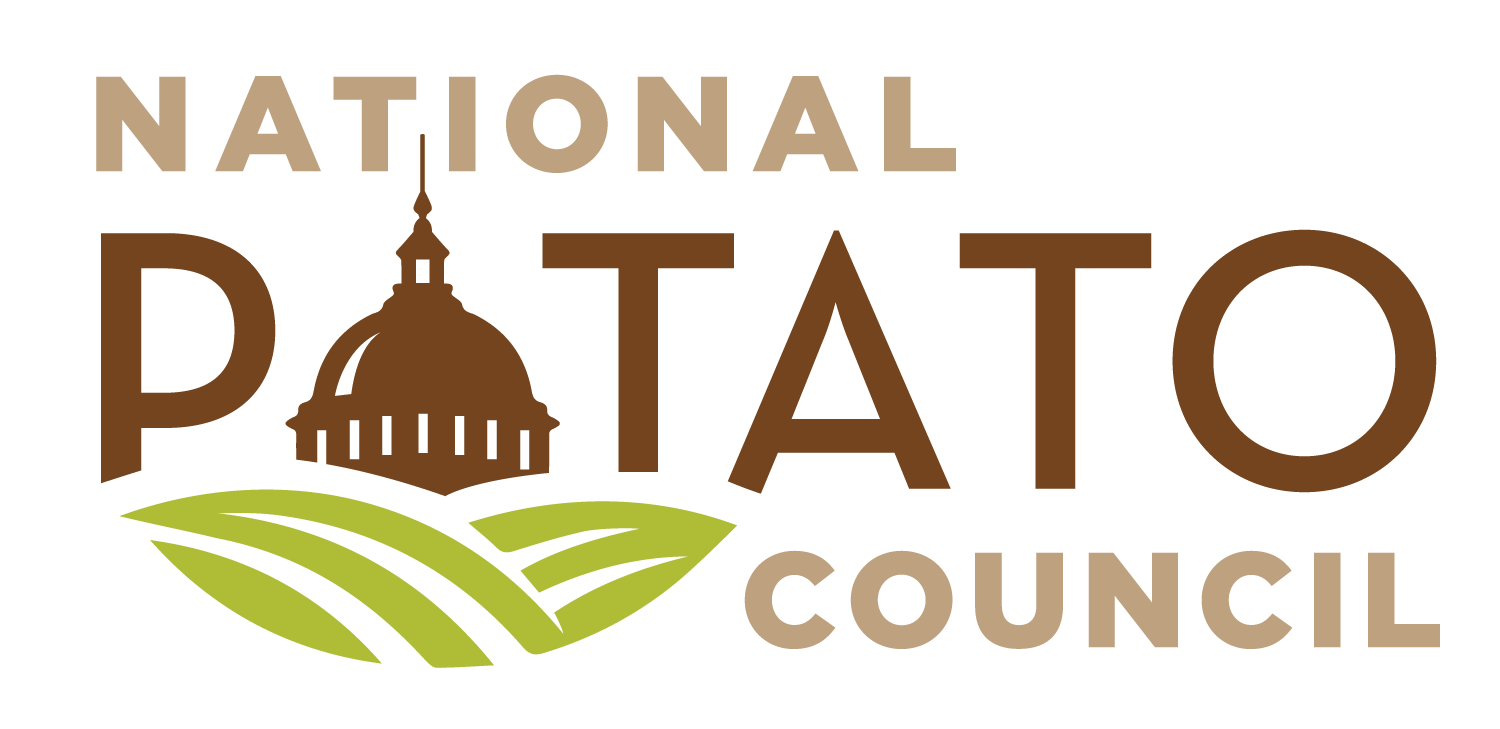National Potato Council 9/12/23 testimony before the 2025 Dietary Guidelines Advisory Committee

Kam Quarles, CEO for the National Potato Council, provided oral testimony during the Sept. 12, 2023, hearing of the 2025 Dietary Guidelines Advisory Committee. This panel of nutrition and public health experts inform the federal government’s next update to the Dietary Guidelines for Americans (DGA), which lays the foundation for federal nutrition and feeding policy for the next five years.
In his testimony, Quarles stressed that the DGAs should not pick winners and losers among vegetables but should encourage all Americans to consume more vegetables to meet the federal government’s recommendations. He also urged the committee to reject a proposal to lump starchy vegetables in the same category as grains, noting that “starchy vegetables and grains are two vastly different food groups that play distinctly different roles in contributing nutrients to the diet.”
NPC’s full submission to the committee can be found here:
I’m Kam Quarles, CEO of the National Potato Council and proudly represent the interests of the family farms that comprise the U.S. potato industry. I would like to raise two points as the DGAC works on Food Pattern Modeling to inform the development of the Guidelines.
First: Potatoes are a vegetable.
We understand that the Committee is considering changes to food groups within US dietary patterns. One of those discussions involves the interchangeability of starchy vegetables and grains.
While NPC is sensitive to individual needs and cultures, we urge the Committee to recognize a potato is not a grain. Potatoes are the most widely produced vegetable in the U.S.
Starchy vegetables and grains are two vastly different food groups that play distinctly different roles in contributing nutrients to the diet. Unlike grains, white potatoes are a strong contributor of potassium, calcium, vitamin C, and vitamin B6 and fiber. Research shows that diets high in vegetable consumption, including potatoes, promote healthy outcomes overall.
The suggestion to reclassify potatoes as a non-vegetable is not grounded in any scientific metric. Instead, it apparently involves arbitrary preferences of meal substitution. This unsupported notion, if acted upon, will confuse consumers, could result in nutrient gaps and also decreased vegetable consumption. We ask the Committee to avoid this chaotic outcome and continue to acknowledge the fact that potatoes are a vegetable.
Second: The Committee should focus on strategies to increase vegetable consumption and maintain recommendations for servings of what are often referred to as starchy vegetables.
Americans do not eat enough vegetables and potatoes are key to addressing this gap. Potatoes are a versatile, affordable, and popular nutrient-dense choice across socioeconomic groups and cultures. Prepared in any form, potatoes provide essential, under-consumed nutrients such as potassium and fiber. Potatoes also play a key role in federal feeding programs such as National School Lunch and School Breakfast Programs. Here, potatoes serve as a “springboard vegetable,” which introduces children to other types of less-consumed vegetables, increases participation and decreases food waste. We encourage the Committee to maintain recommendations for America’s favorite vegetable.
We look forward to reviewing the full protocols when published and providing written feedback. Thanks.

